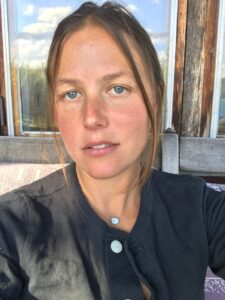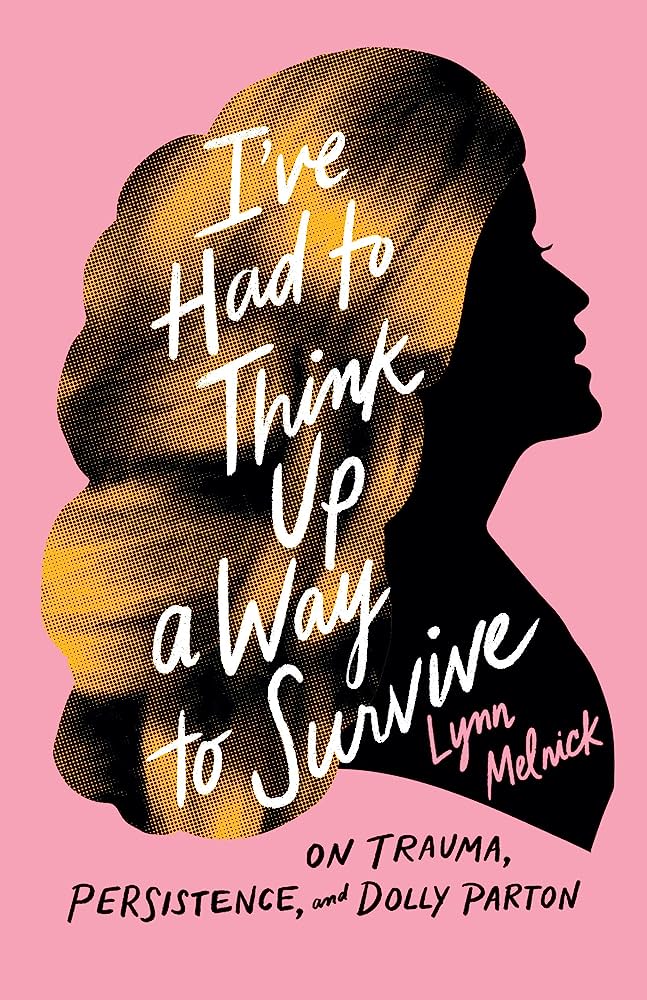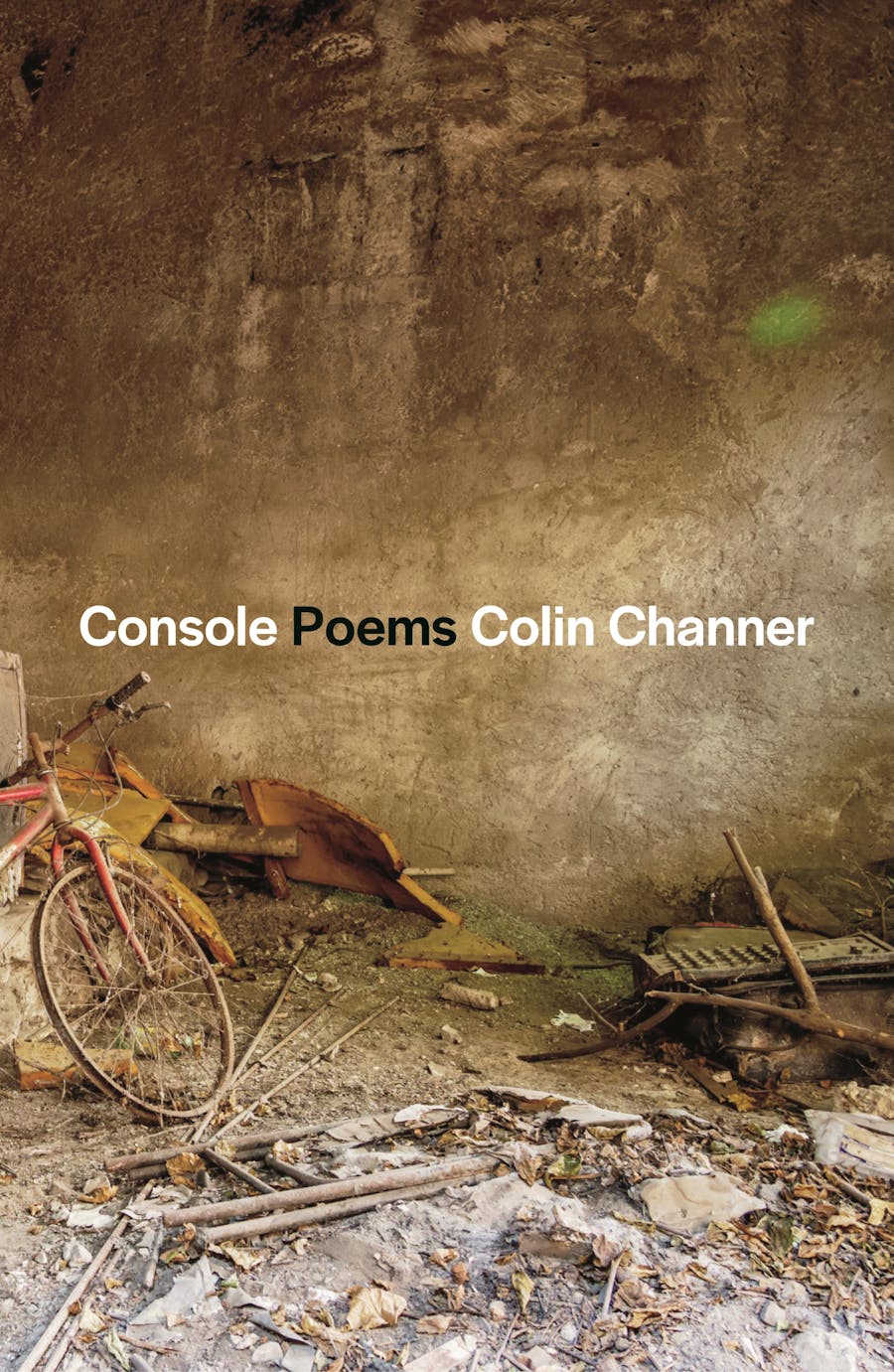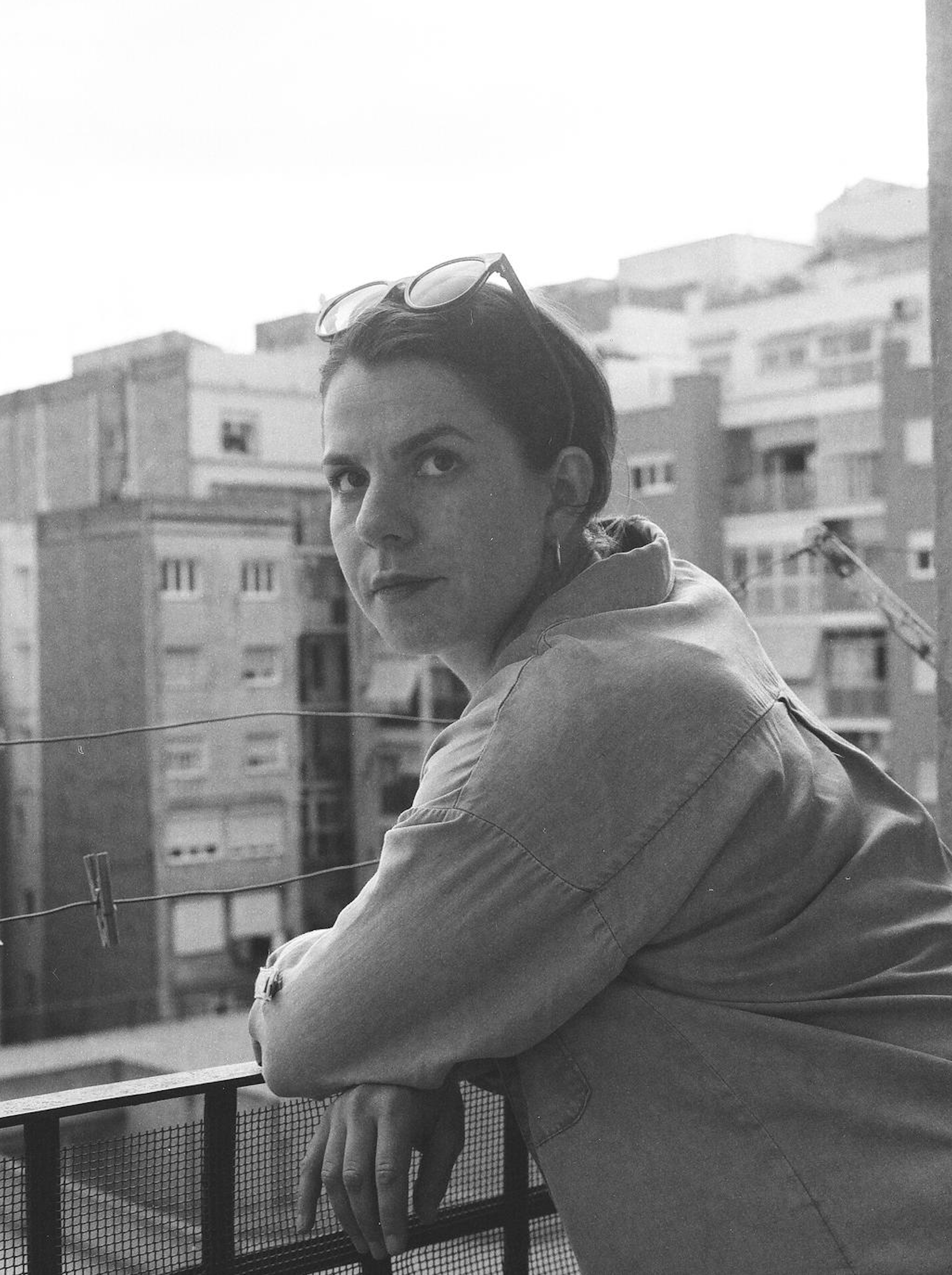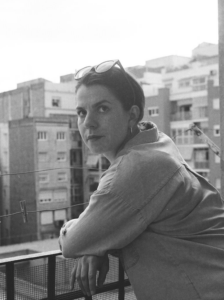→ Signups for Weekly Writes Summer 2023 are now closed. To register your interest in hearing about our next WW program in January, please fill out this form.
Sofia Belimova
Let Me Open the Window: Valeria Luiselli in conversation with Jennifer Acker at LitFest 2023
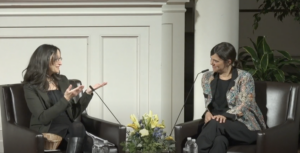
After thirty-six hours of travel, VALERIA LUISELLI arrived at Amherst College LitFest on a freezing Saturday night just in time to speak with The Common’s editor-in-chief JENNIFER ACKER. Their conversation explored the capacity of memory to shape geography, the relationship between language and home, and the architecture of a book. Luiselli also spoke with honesty and ardor about her research in and around the U.S.-Mexico borderlands and her experience as a legal translator for refugees, experiences informing her acclaimed novel Lost Children Archive. This interview is an edited and condensed version of the live conversation; read more about LitFest, and watch a video of the full conversation online.
Podcast: Gerardo Sámano Córdova on “Iceberg, Mine”
Transcript: Gerardo Sámano Córdova Podcast
Gerardo Sámano Córdova speaks to managing editor Emily Everett about his story “Iceberg, Mine,” which appears in The Common’s fall 2022 issue. Gerardo talks about combining the real and the surreal in this story, and using both to show the power of a brief moment of connection. He also discusses the risks and rewards of writing about the fantastical, the process of finding balance through revision, and his debut novel Monstrilio, which is out now from Zando. The novel is about a boy who transforms into a monster, a monster who tries to be a man, and the people who love him in every form he takes.

Creativity as the Opposite of Violence: Makenna Goodman Interviews JoAnne McFarland
JOANNE McFARLAND is an artist, poet, and curator whose work centers on the intersection of language and visual representation. Her newest collection, Pullman (Grid Books, 2023), is a brilliant and singular exploration of form and artistic disciplines that examines themes of labor, creativity, eroticism, and love, engaging and interacting with events in the American past as they relate to the state of being human today. By exploring the history of the Pullman car porters of the late 19th-century railroads, McFarland’s poems and integrative collages explore historical sources, entries from the Black Almanac of 1972, lyrics created by McFarland’s own father—a songwriter for Aretha Franklin—and vintage French magazines. In this interview, MAKENNA GOODMAN connected with McFarland about Pullman and the broader scope of her artistic work. McFarland asks us to consider our relationship to the erotic, to our delight, to the sensual experience of being alive, to our drive to make music from a moan, to adhere ripped pages into re-imagined dresses, to reconsider the past as a way out of pain.
Friday Reads: June 2023
Curated by SOFIA BELIMOVA
Welcome to the June round of Friday Reads! Are you hoping to read more this summer? Do you have a favorite shady spot in a backyard or park, but no book to share it with? Read on for exciting recommendations from our contributors. Find stories that reach beyond the scope of normative human experience, essays about writing and writers, and hybrid memoir on music and survival.
Memory’s Underworld
Translated from the French by NANCY NAOMI CARLSON and CATHERINE MAIGRET KELLOGG
Introduction
Although author Louis-Philippe Dalembert was born and raised in Haiti, this story takes place in French Guiana, a French territory located on South America’s northern Atlantic coast. Sharing borders with Brazil to the east and south, and with Suriname to the west, the region is also known for the Kourou Space Center, where the European Space Agency conducts satellite and spacecraft launches.
Some of the language used throughout the text reflects diverse historical and geographical influences, drawing from French, Guianese and Caribbean French Creole, Portuguese, and Spanish. Métro is an informal French term to describe someone from metropolitan France. Hexagone refers to mainland France, because of its shape. Carbet, a term used in the French Caribbean, refers to an open shelter where community members may gather. Domien refers to people from the French Overseas Departments. Hideputa is Spanish for “son of a bitch.” Tapouille is a sailboat or schooner. Garimpeiro is a Portuguese term referring to a gold miner. Clandestinos is a Portuguese term referring to illegal immigrants. Jinetero is a male prostitute. Tarlouze is a pejorative term used to refer to a gay man.
Review of “I Will Not Fold These Maps”
By MONA KAREEM
Translated from the Arabic by SARA ELKAMEL
Reviewed by SUMMER FARAH
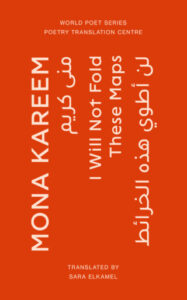
My first encounter with Mona Kareem’s work was not her poetry, but her essay in Poetry Birmingham on the trend of Western poets “translating” from languages they are not literate in. Kareem brings attention to what she calls the “colonial phenomenon of rendition as translation,” in which a poet effectively workshops a rough translation done by a native speaker or someone who is otherwise literate in the original language. Often, this is the only way acclaimed writers reach Western audiences. I was excited, then, to see that I Will Not Fold These Maps, Kareem’s first collection translated to English, defies this trend. Presented with the original Arabic alongside the English translated by Egyptian poet and journalist Sara Elkamel—for whom this work is a debut full-length translation—this book is a mixture of Kareem’s previously collected work alongside brand new poems, presenting a great overview of her work. I Will Not Fold These Maps’s execution as a collaboration between Arab poet-translators only strengthens the experience of reading it, filled with poems that vividly explore exile, grief, and writing and its relationship to resistance.
Colin Channer and the Diaspora of Dub

“My way is so long, so long, but my road is foggy, foggy,” reggae legend Winston Rodney, aka Burning Spear, chants on his 1980 song “Road Foggy.” The beat sways underneath him like a horse plodding on a mountain track, and the horns sound muted and distant through the mist. It’s a song about the song as journey, a track that feels like it’s never meant to end. You travel not to get to get to the end of sound, but to luxuriate in it. As Spear said in an interview, “If I walk away from music, I walk away from myself.”
Colin Channer includes that quote and the line from “Road Foggy” in several poems in his recently released second collection Console (FSG). The volume is suffused in dub and reggae recordings he loves from his homeland. Dub is not just something left behind, though. It’s also a metaphor for the way that Channer’s own experience and existence makes Jamaica live in his new home of New England, and vice versa. Music creates an imagined space in which disconnection is its own coherent landscape. The consolation is that the places you go are both where you’ve been and who you are.
Sentences Worth Keeping: Melody Nixon Interviews Sara Freeman
SARA FREEMAN‘s arresting, lyrically economical Tides has been generating buzz from the likes of Time Magazine, The New York Times, and Lit Hub since it was released last year. The Guardian calls this fragmentary, feminist novel “an experimental study in grief.” But what does it mean to write a feminist novel, these days, and to dwell in your characters’ grief? And how do experimental writing forms intersect with feminism?
MELODY NIXON sat down with Freeman, her graduate-school colleague, to discuss Tides; its liminal setting; what it’s like when we hear our characters’ voices in our heads; the ways that novels might ruin our lives; and the anxiety “of near-constant potential narrative collapse” that Freeman navigated while writing this extraordinary debut.
The Story of a Box
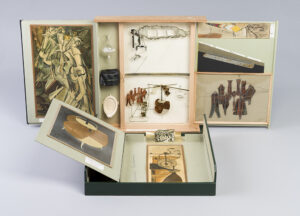
PARTIAL VIEW OF RESTORED HARRISON BOÎTE. MARCEL DUCHAMP (AMERICAN 1887-1968), BOX IN A VALISE (BOÎTE-EN-VALISE) FROM OR BY MARCEL DUCHAMP OR RROSE SÉLAVY, 1963 (SERIES E ). CINCINNATI ART MUSEUM: GIFT OF ANNE W. HARRISON AND FAMILY IN MEMORY OF AGNES SATTLER HARRISON AND ALEXINA “TEENY” SATTLER DUCHAMP, 2016.305 © ASSOCIATION MARCEL DUCHAMP / ARTISTS RIGHTS SOCIETY (ARS), NY / ADAGP, PARIS 2023. IMAGE COURTESY OF CINCINNATI ART MUSEUM, PHOTOGRAPHY BY ROB DESLONGCHAMPS
“Everything important that I have done can be put into a little suitcase.”
—Marcel Duchamp, Life magazine, 1952
For many years I hardly told anyone that my grandmother’s sister Teeny was married to Marcel Duchamp, and before that to Pierre Matisse, the art dealer son of Henri. Friends I’ve known all my life have stopped me in disbelief when these facts have come up in passing—a disbelief arising not from the facts themselves but from my never having shared them. The first time I ever mentioned the connection to anyone outside the family, I was in college, sitting in the Hungarian Pastry Shop on Amsterdam Avenue with my professor, the poet David Shapiro. “Wait,” he said, “Teeny Duchamp is your great aunt?!” I was surprised he knew exactly who she was.


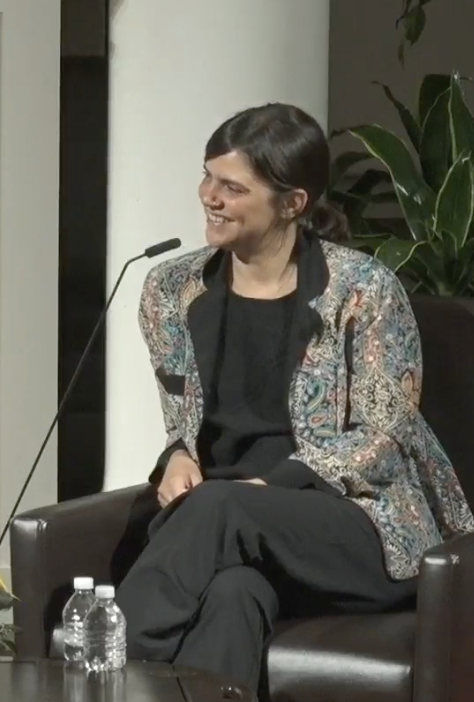
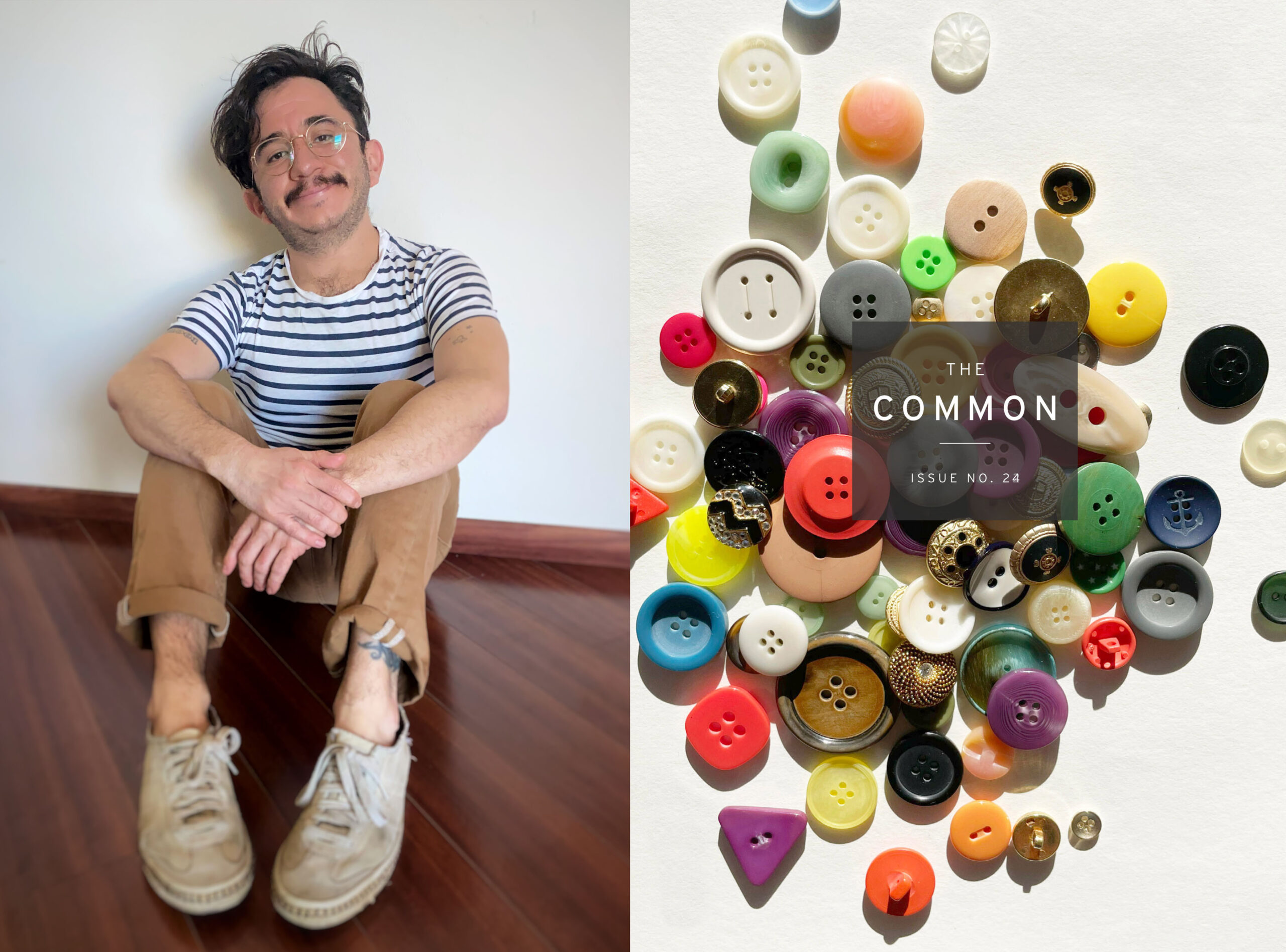
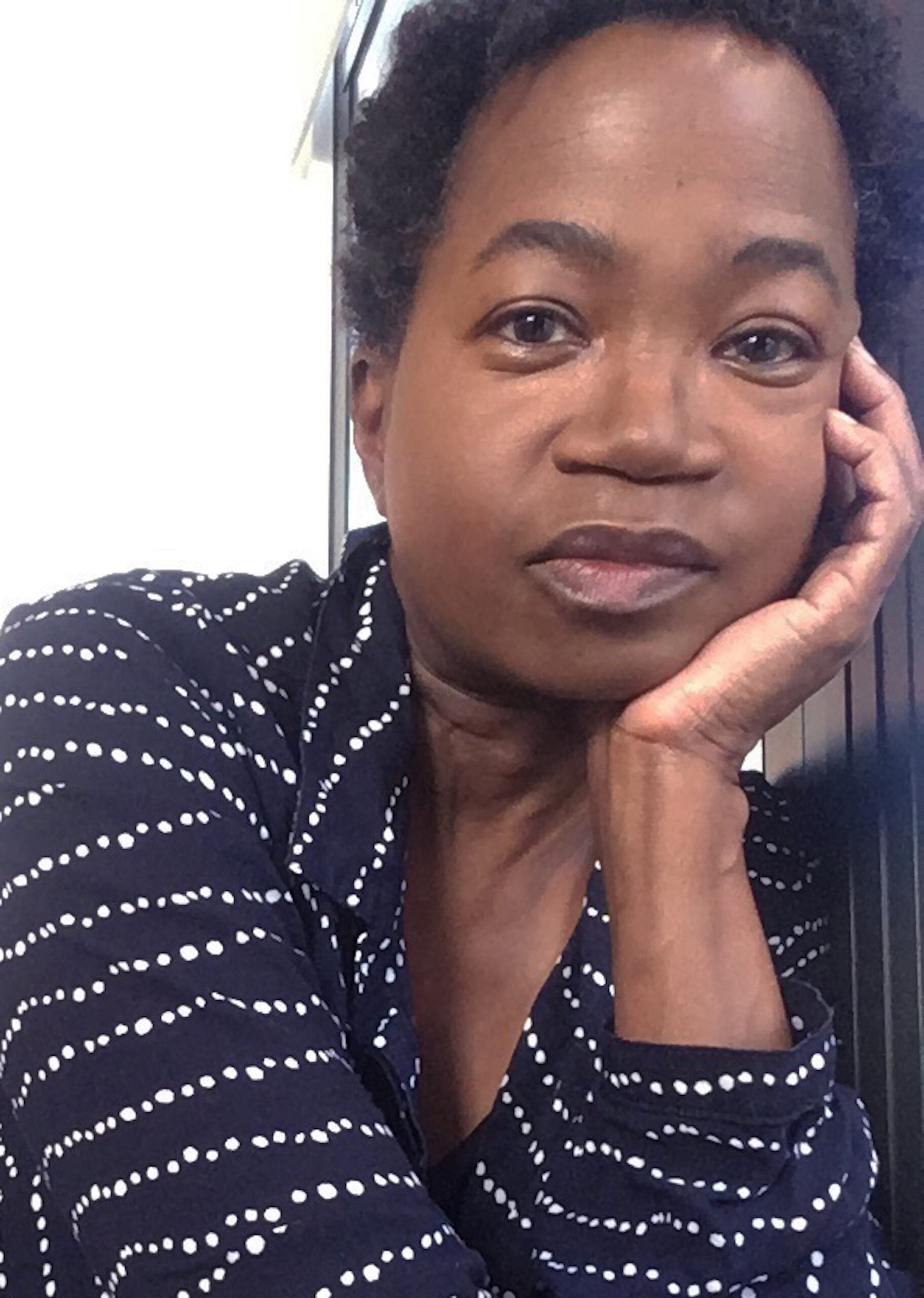
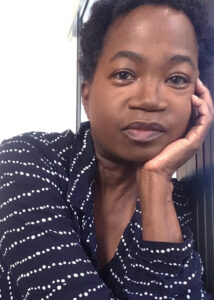 .
. 